Raspberry Pi: What's in it for business?
The £29 micro-computing marvel has finally shipped, and we investigate the potential business benefits that it could deliver in the UK.

Based on a Broadcom system-on-chip processor, the Raspberry Pi is no larger than a credit card, but packs around four times more multimedia decoding performance than Apple's iPhone 4.
Software developers gain access to a low-cost processor with powerful video decoding and 3D rendering capabilities. Hardware developers can make use of 26-pin general-purpose input-output (GPIO), MIPI camera and Display Serial Interconnect (DSI) connectors as well as on-board USB, HDMI and analogue audio.
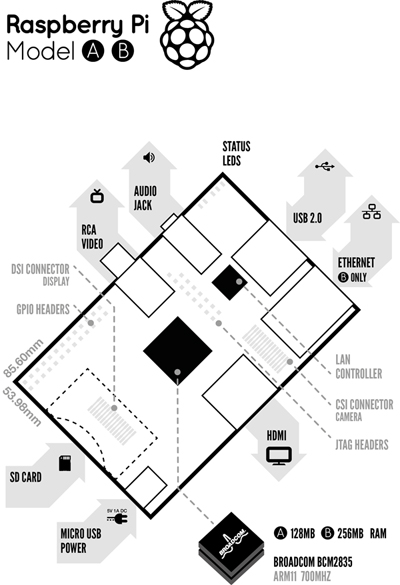
The Broadcom BCM2835 SoC is based on ARMv6 architecture
By reducing capital expenditure on hardware and removing the need for inefficient system emulation, the Pi has the potential to significantly reduce time-to-market and project costs.
However, the low cost also counts against the Pi. The Broadcom BCM2835 SoC is based on the previous-generation ARMv6 instruction set architecture, which makes it a relatively outdated device. With most manufacturers standardising on the ARMv7-based Cortex family, the Pi isn't a drop-in replacement - and the lack of an IEEE 1149.1 Standard Test Access Port (JTAG) puts bare-metal development on a back footing.
As an accessory to existing boards, the Pi holds promise - but as a replacement it is found lacking.
Get the ITPro daily newsletter
Sign up today and you will receive a free copy of our Future Focus 2025 report - the leading guidance on AI, cybersecurity and other IT challenges as per 700+ senior executives
Gareth Halfacree is an experienced tech journalist and IT professional, and has been writing since 2006. In addition to contributing article for ITPro, Gareth has been featured in publications such as PC Pro, Techmeme, The Register, The MagPi, and Tom’s Hardware.
In addition to his digital articles, Gareth is the author of several best-selling books. These include the Raspberry Pi User Guide, an essential text for those looking to get started with their Raspberry Pi, as well as The Official Raspberry Pi Beginner’s Guide. Gareth also wrote the Official BBC micro:bit User Guide, a comprehensive guide to setting up the pocket-sized computer, learning to code on it, and even creating your own hardware addons.
-
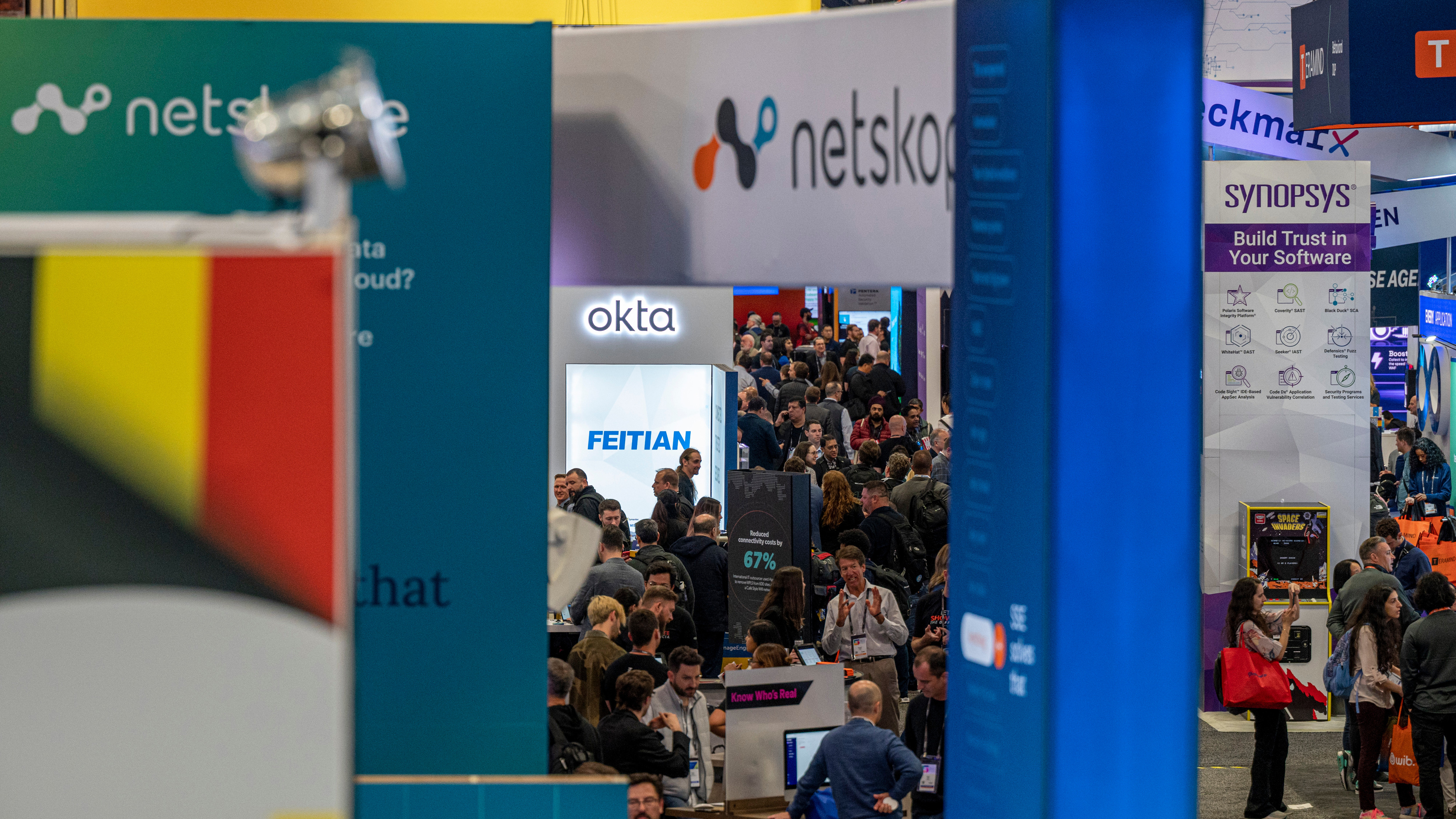 What to look out for at RSAC Conference 2025
What to look out for at RSAC Conference 2025Analysis Convincing attendees that AI can revolutionize security will be the first point of order at next week’s RSA Conference – but traditional threats will be a constant undercurrent
By Rory Bathgate
-
 Ransomware attacks are rising — but quiet payouts could mean there's more than actually reported
Ransomware attacks are rising — but quiet payouts could mean there's more than actually reportedNews Ransomware attacks continue to climb, but they may be even higher than official figures show as companies choose to quietly pay to make such incidents go away.
By Nicole Kobie
-
 Oracle Java pricing concerns could spark a developer exodus
Oracle Java pricing concerns could spark a developer exodusNews Oracle Java users have raised concerns over pricing, with many considering switching to open source options.
By Solomon Klappholz
-
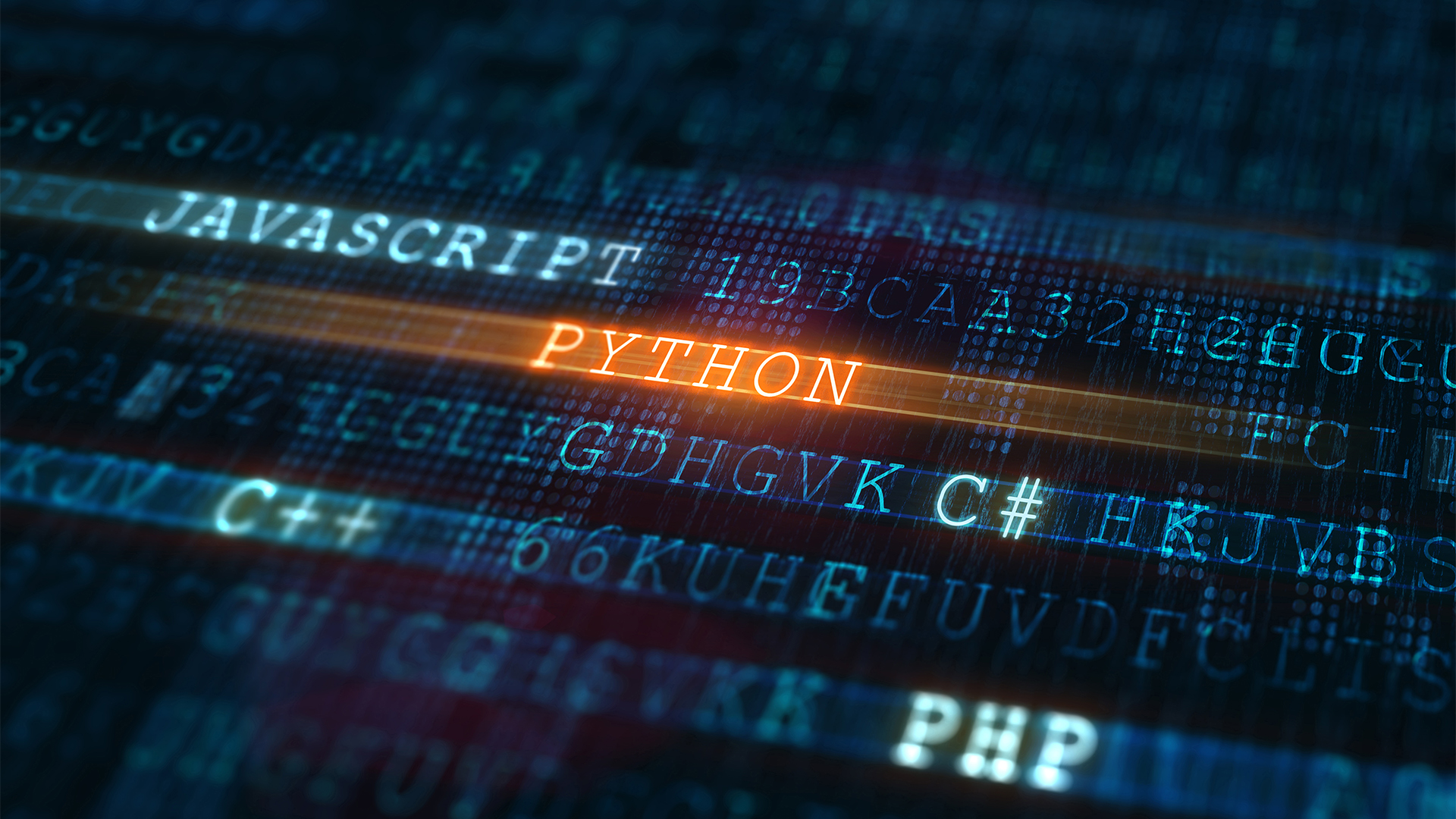 Python just brushed past JavaScript to become the most popular programming language on GitHub – and a key factor is that AI developers love it
Python just brushed past JavaScript to become the most popular programming language on GitHub – and a key factor is that AI developers love itNews The meteoric rise of Python shows no sign of stopping
By Nicole Kobie
-
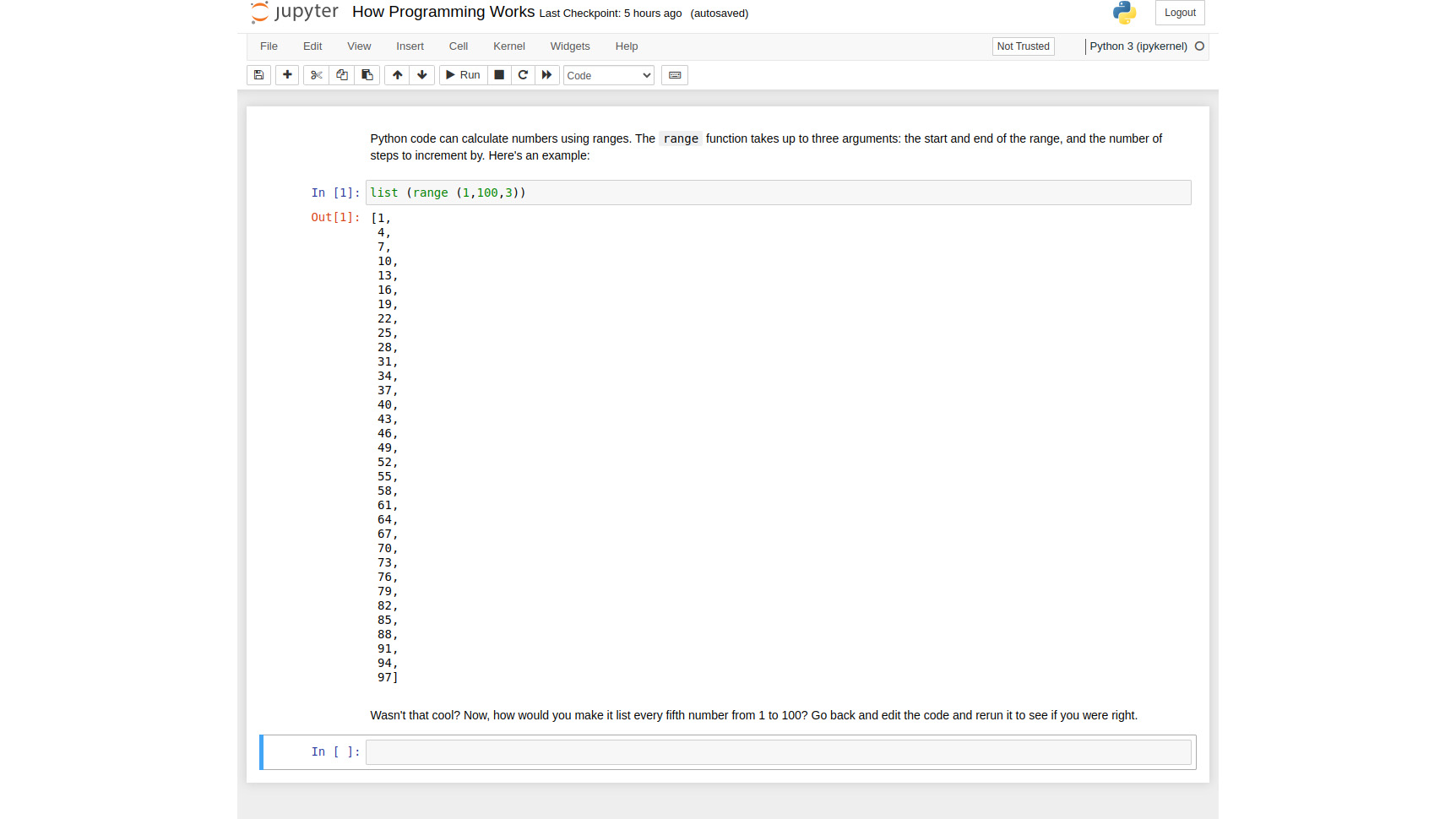 JupyterLab review: A powerful tool for documenting your data science journey
JupyterLab review: A powerful tool for documenting your data science journeyReviews Literate programming toolkit takes dynamic code documents to new heights
By Danny Bradbury
-
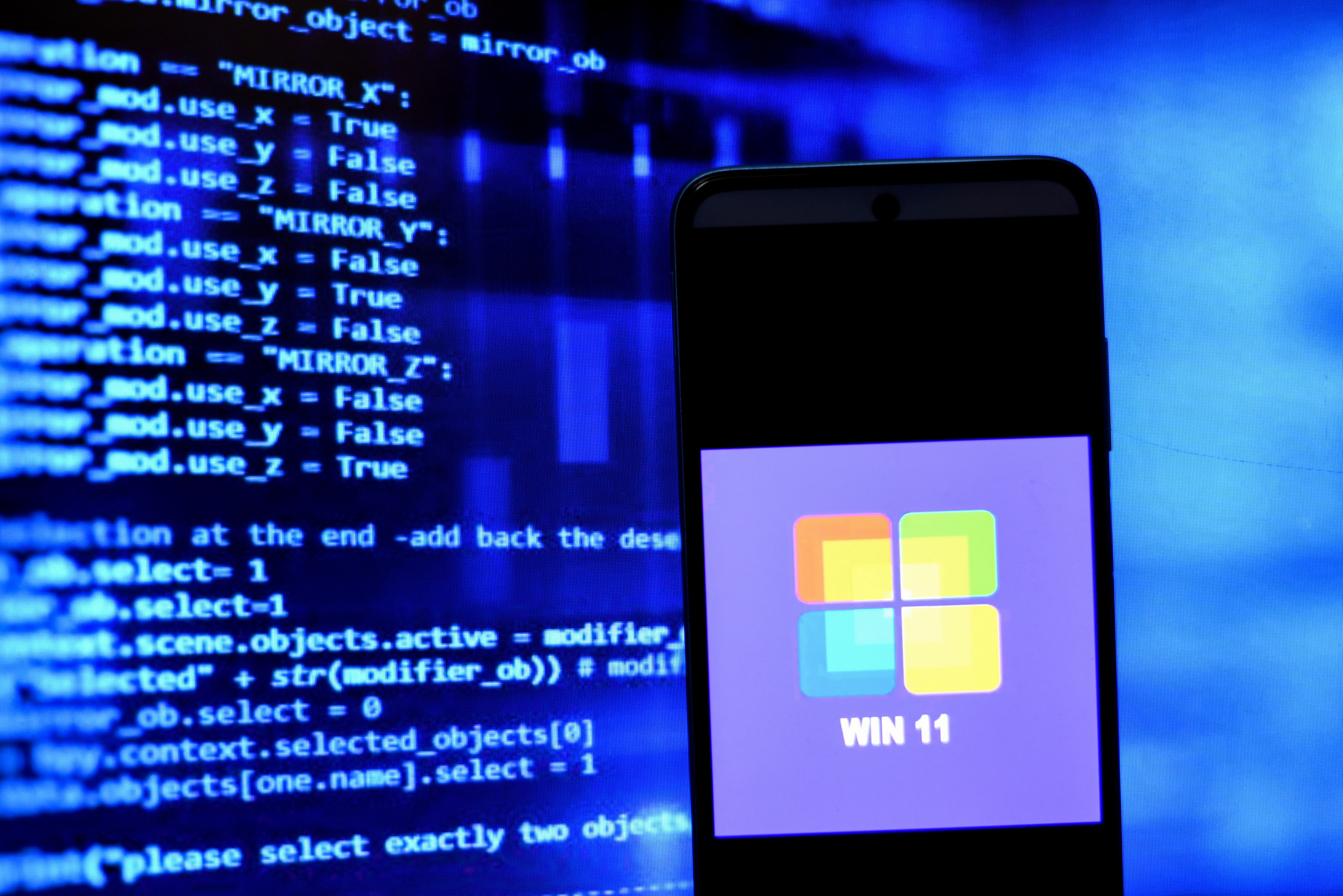 Microsoft continues its Rust mission with new kernel features
Microsoft continues its Rust mission with new kernel featuresNews The latest critical feature comes as a "small trial" to select Windows Insiders
By Connor Jones
-
 Report: Regulatory and monetary incentives needed to adopt safer programming languages
Report: Regulatory and monetary incentives needed to adopt safer programming languagesNews Companies have been urged to create plans on how they intend to get rid of memory-unsafe code in their products
By Zach Marzouk
-
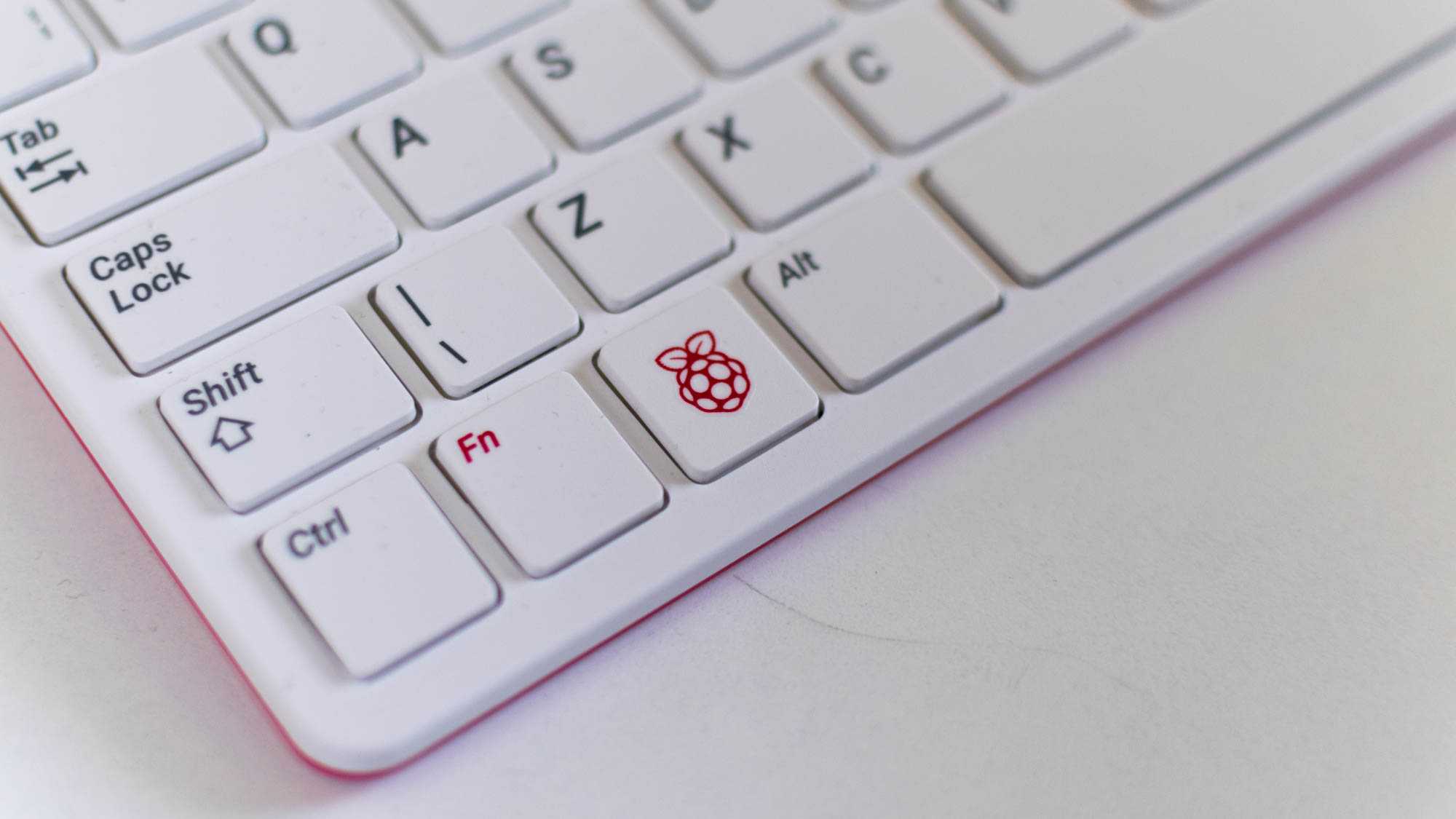 Complaining about Windows Update? You should try upgrading a Raspberry Pi
Complaining about Windows Update? You should try upgrading a Raspberry PiOpinion Regular updates is key to a happy Raspberry Pi, and missing out on upgrades can lead to things going horribly wrong
By Paul Ockenden
-
 Microsoft Azure CTO hails 'most loved' Rust as the successor to C and C++
Microsoft Azure CTO hails 'most loved' Rust as the successor to C and C++News Rust is a newer programming language that developers enjoy using and learning, and it's being adopted far across the industry, too
By Connor Jones
-
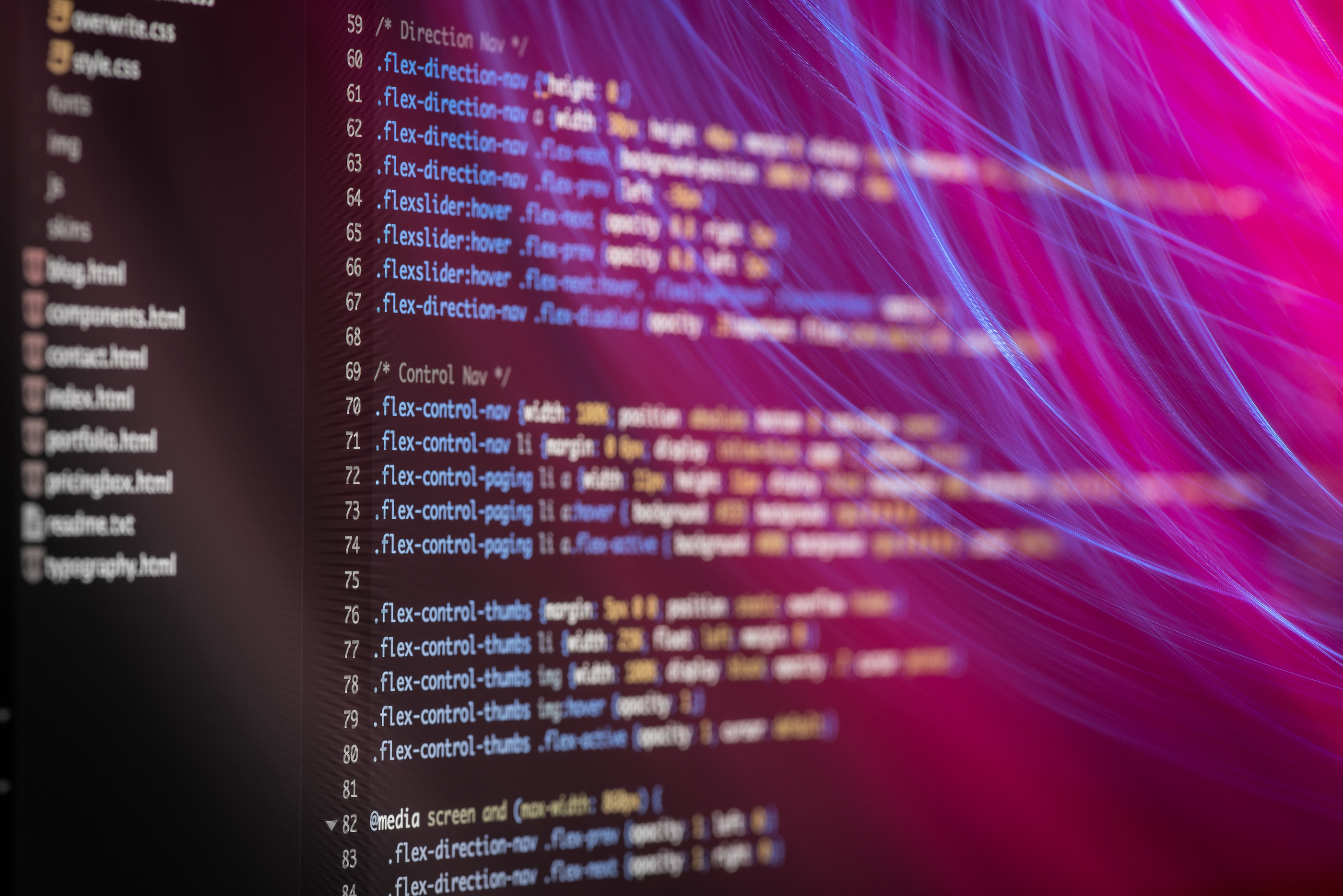 Programming with Python: Time to upgrade to fancy ANSI
Programming with Python: Time to upgrade to fancy ANSIOpinion Wordle inspires Dick to reinvent his 1980s ASCII toolkit for the 2020s, but this time he doubles down with ANSI
By Dick Pountain